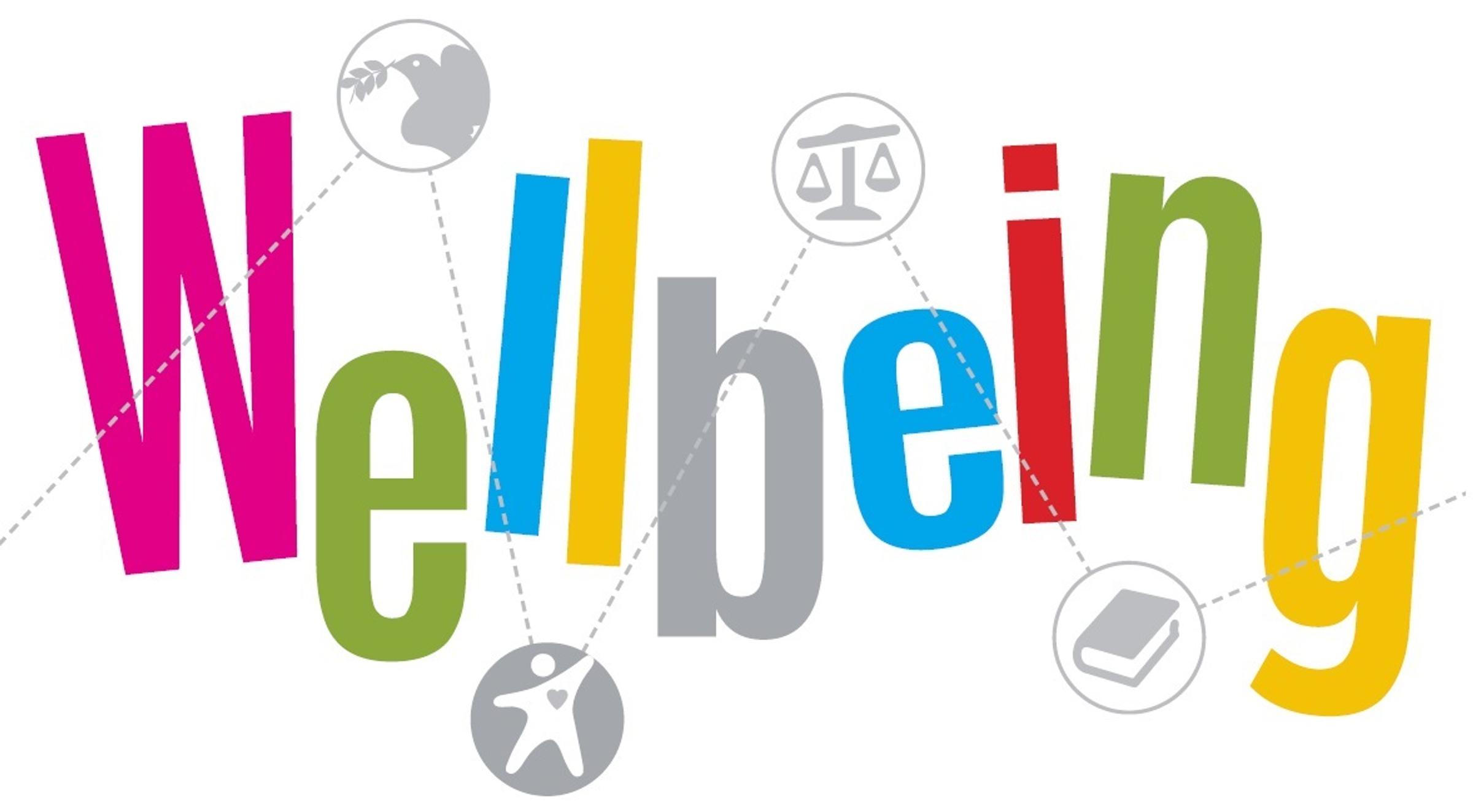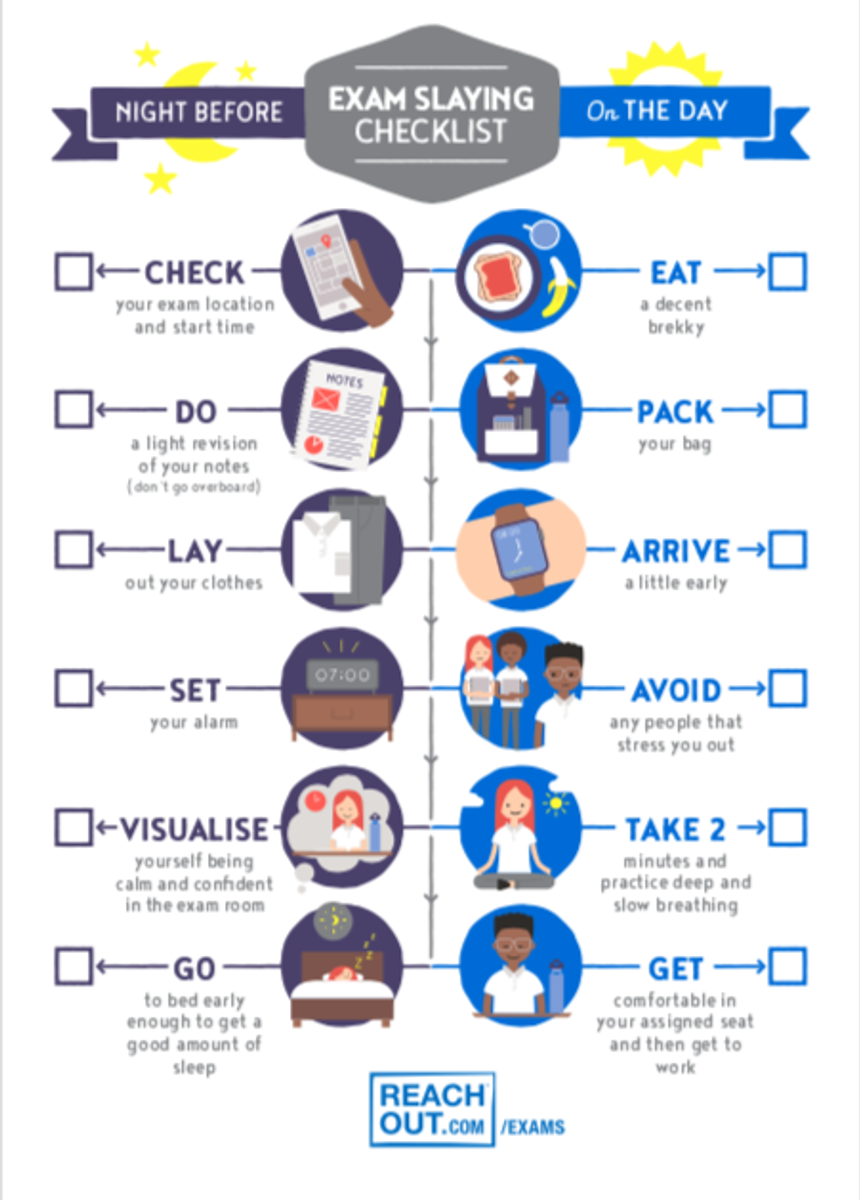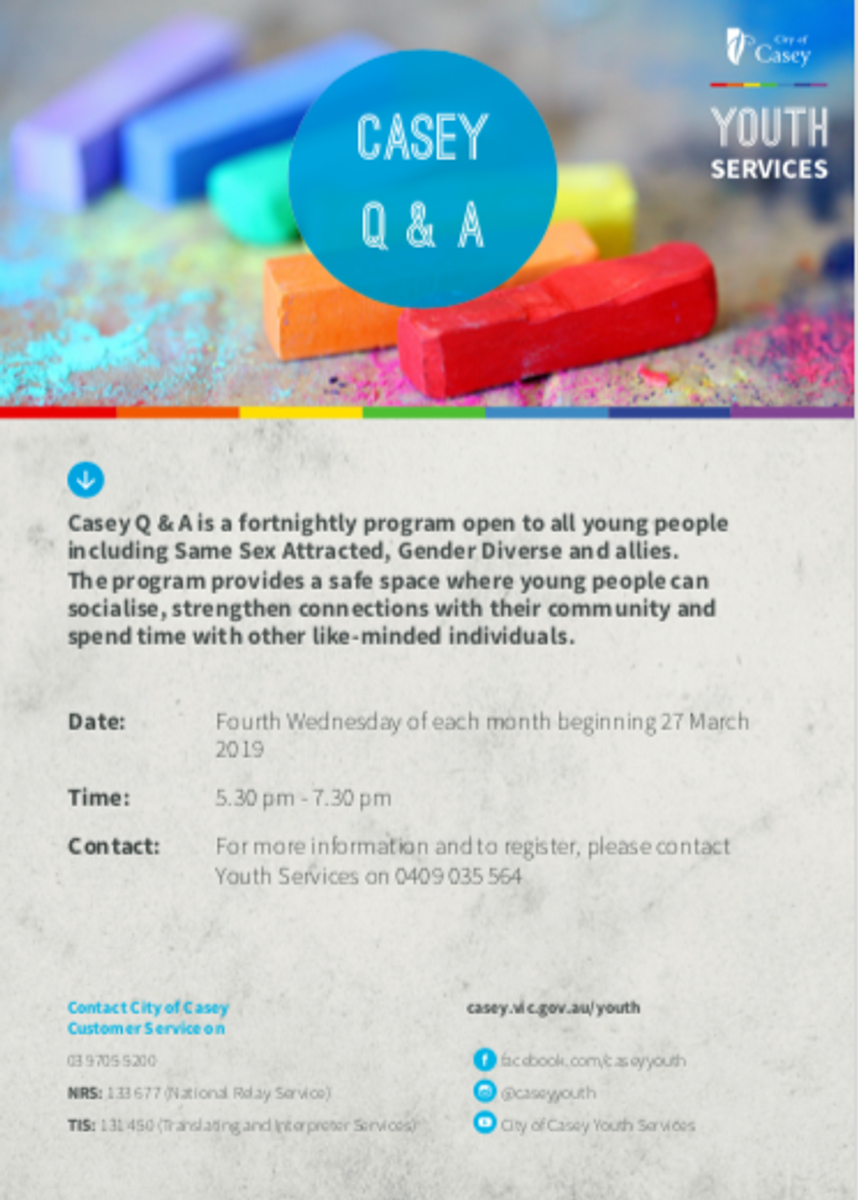Wellbeing

Student Services Report
By Debbie Edwards
2019 is well and truly upon us and we have had a great start to the year.
The wellbeing team have now moved into the newly developed ‘Wellness Centre’ and at present we are busy settling in.
To support our students and families, the College is fortunate to have a Student Services team consisting of qualified and experienced staff. This year, our highly professional team, includes:-
Wellbeing Team
NAME POSITION AVAILABILITY
Debbie Edwards Student Services Leader Monday to Friday
Hayley Williams Social Worker Monday to Friday
Jacquie Binns Wellbeing Counsellor Monday to Friday
Harlin Gandhok Wellbeing Counsellor Monday to Friday
Anna Syposs Health Promotion Nurse Thursday and Friday
Our wellbeing team provides generalist counselling on a range of issues including issues at school, friends, family conflict, anger management, depression, anxiety, general health and much more. Our role includes assessment, advocacy and referral to appropriate services when necessary. This confidential service is free of charge and is available to all students and their families.
The Student Wellbeing Team are busy planning our programs for the year ahead. We are working closely with the youth services to run some programs throughout the College and the first exciting event will be the ‘Casey 360’ bus coming soon. Our Year 7 students should enjoy this experience.
We have a focus on supporting our Year 12 students. Year 12 can be a stressful time and some students may experience high levels of anxiety. Parents/carers are in the best position to notice changes in young people. Here’s some valuable information to consider and more information is available, if required.
Warning signs - most parents can tell when something is out of the ordinary, but there are also signs that suggest a young person might be experiencing a mental health problem. These are new, noticeable and persistent changes in the young person, lasting at least a few weeks, including:
- Not enjoying, or not wanting to be involved in things that they would normally enjoy
- Changes in appetite or sleeping patterns
- Being easily irritated or angry for no reason
- Their performance at school or work is not as good as it should be or as it once was
- Involving themselves in risky behaviour that they would usually avoid, like taking drugs or drinking too much alcohol
- Experiencing difficulties with their concentration
- Seeming unusually stressed, worried, down or crying for no reason
- Expressing negative, distressing, bizarre or unusual thought
More information on how to support your child is available through the following agencies and websites:-
- Headspace, 66 Victor Crescent, Narre Warren, Victoria 3805 P: 1800 367 968 Website: http://headspace.org.au/family/
- City of Casey Youth Services, Shop 156, Cranbourne Park Shopping Centre, High Street, Cranbourne. Hours: 9.30 pm - 5.15 pm Monday to Friday (Other times by appointment). P: 9792 7350
Website: http://www.casey.vic.gov.au/youth/contactus/cranbourne-yic-contact
- Parentline, P: 1300 301 300. Hours: 8 am to 10 pm 7 days per week.
Website: http://www.parentline.com.au/
- BetterHealth Channel,
Website: https://www.betterhealth.vic.gov.au/conditionsandtreatment/anxiety
Careers Team
NAME POSITION AVAILABILITY
Debbie Edwards Student Services Leader/Careers Counsellor Monday to Friday
Nancy Huez-O’Rourke Careers Counsellor Monday to Friday
Liz Hassell VCAL/SWL/VET Manager Monday to Friday
Our very experienced careers counsellors can assist students with a variety of support, including:-
- Alternative education settings - referrals
- Apprenticeship, cadetships and Traineeships information
- Career Tools & Career Interest Tests
- Career Expos & Trade Events
- Career Newsletters
- Individual interviews including development of Career Action Plan
- Interstate & International study opportunities
- Interview Skills (mock interviews)
- Part-time and Casual job opportunities
- Resume Writing Skills
- Support for School Based Apprenticeships and Traineeships (SBATs) & Structured Workplace Learning
- Subject Selection Counselling
- TAFE Courses and Pathway options
- University Courses and Programs + Extension Studies
- VCAA information
- VTAC processes, SEAS & Scholarship Applications
- Work Experience Program
Check out our amazing website - http://www.cesccareers.com which is full of fantastic resources and make sure you like our Careers Facebook page.
Inclusion Team
We have an amazing team of experienced and dedicated integration aides. These staff members work closely with our students to support them in the classroom to achieve their very best.
If parents/carers would like to have a confidential chat, please contact Debbie Edwards on 5990 0200 or 0474 832 576.
Education assistance program
Cranbourne information and support service, in conjunction with the Salvation Army Cranbourne Community Support Services, delivers a year long program to financially support families with the cost of education.This can consist of uniforms, books and other expenses.
The main time for this support is the end of the year and the start of the new school year, from November to February.
Financial support comes from the Salvation Army, R. E. Ross Trust and donations through CISS from various sources.
You may be eligible for the education assistance program if you are a low income earner with school aged children and you live in the City of Casey (south)Criteria apply.
Contact - Julie or Doug at CISS on 5996 3333 156 Sladen Street, Cranbourne
No interest loan scheme
The No Interest Loans Scheme (NILS) is designed to help low-income earners (especially those on a Centrelink income) buy essential household goods such as –
- Fridges
- Washing machines
- Furniture
- Computers
- TVs
- School books
- Health Aids (like walking frames, glasses, or asthma pumps)
NILS cannot be used for cash, loan repayments, housing costs or car repairs.
The loan is for one item at a time, for a value of up to $1,000 and can be re-paid at an affordable rate. Borrowers can apply for further loans once the initial loan is re-paid.
NILS applicants MUST have lived at their current address for at least six months, and provide evidence that they have the ability to re-pay the loan.
Please drop in to Cranbourne information and support service at 156 Sladen Street, Cranbourne or phone on 5996 3333 to see if they can assist.
Saver plus program
Exam slaying checklist!
Q & A
Supporting children affected by community violence
In light of the incident in New Zealand last week, we would like to provide parents and guardians strategies on how to support children. Please see the flyer attached for more info.
Bullying
If your teenager is experiencing bullying, it’s important to stay calm and let them know it’s not their fault, that you are there for them and that will do anything you can to help them. By talking with your child openly you can find out more about what’s going on, and help your child understand bullying and the kinds of things that will help them cope and respond.
What can you do?
How is your child coping with bullying? It can be difficult to know what to do or where to start when your child is being bullied. Below are some ways that you can work with your child to help them with the bullying they are experiencing:
- Have an open conversation. Discuss the way it has made your child feel and react. This will help them to label their own emotions and assist with building self-awareness. Talking about it will help them process the emotion.
- Make an action plan with your teen if they are experiencing bullying. What friend can they turn to? What teacher do they trust? If bullying occurs, will they respond or not? Break the action plan into manageable steps and play out possible scenarios.
- Get informed about the ways to stop bullying. We don’t put up with bullying at work, and our teenagers shouldn’t have to put up with it at school or online. Schools have anti-bullying policies and are required to respond to bullying incidents.
- Get a copy of the schools anti-bullying policy, then contact the school principal or year adviser and ask them about the policy and how they are going to follow it in this instance.
- Read up on how to contact social media providers to address cyberbullying and ensure you and your child know how to block, delete or report anyone who is upsetting them online. Social media providers are required to remove offensive content or you can contact the children's e-safety commissioner.
- Think about contacting the other child's parents and address the issue between families.
Learning the signs of bullying and how to handle bullying helps your child develop some essential conflict resolution skills. However, in some circumstances it just isn’t safe for your teenager to handle it on their own, or the person who bullied isn’t interested in changing their behaviour. If that’s the case, and the bullying is serious or has been going on for a while, involve their school, other parents or authorities if it’s appropriate.
for more info please see:
Start typing your article in here...
Support services
- Early Childhood Australia - peak organisation for early childhood advocacy.
- Kids Count - online resources about parenting.
- Raising Children Network - resources for parents.
- Stepfamilies Australia - online and telephone support for stepfamilies.
- Tweddle - Child Family Health Service - early intervention and prevention health service.
- Dads Online - support for separated dads.
- mychild.gov.au - government early learning and child care intiatives.
- ReachOut Parents - 24/7 service providing practical tips, tools and strategies to help parents strengthen their relationship with their teenager.
- Kids Helpline - 24/7 phone and online counselling service for young people.
- Life: Living is for Everyone - suicide and self-harm prevention resource.
- Lifeline - 24/7 crisis support and suicide prevention services.
- Mensline Australia - telephone, online support and information service for men.
- 1800 Respect - 24/7 sexual assault and family violence helpline.
- Family Drug support24/7 support for family members affected by a loved ones drug use
- Parentline is a confidential and anonymous phone counselling service for parents and carers of children and teenagers in Victoria
- Relationships Australia- family counselling and individual counselling for grief, relationships, stress, life, mental health etc
- cranbourne information and support service crisis support/ no interest loans/material aid/ counselling/ information
- Cranbourne youth services offers young people aged 10-25 and their families activities information, support and referral on a range of issues, concerns and needs.
- Headspace- youth support service for 12-25 year olds.
QLIFE- Australia’s first nationally-oriented counselling and referral service for people who are lesbian, gay, bisexual, trans, and/or intersex (LGBTI).



